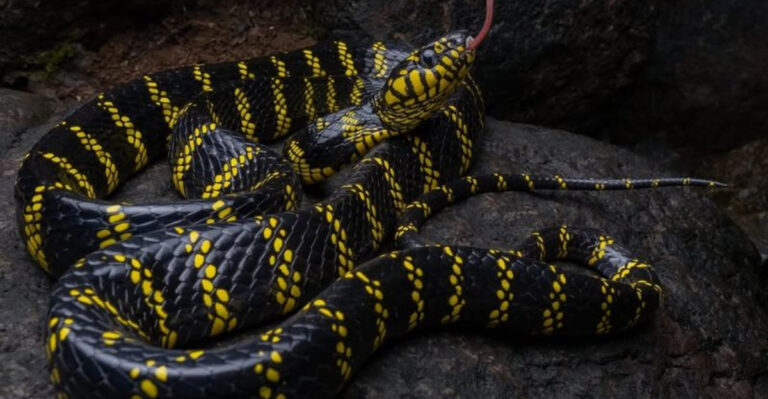12 Rat Magnets Hiding In Your Yard Right Now
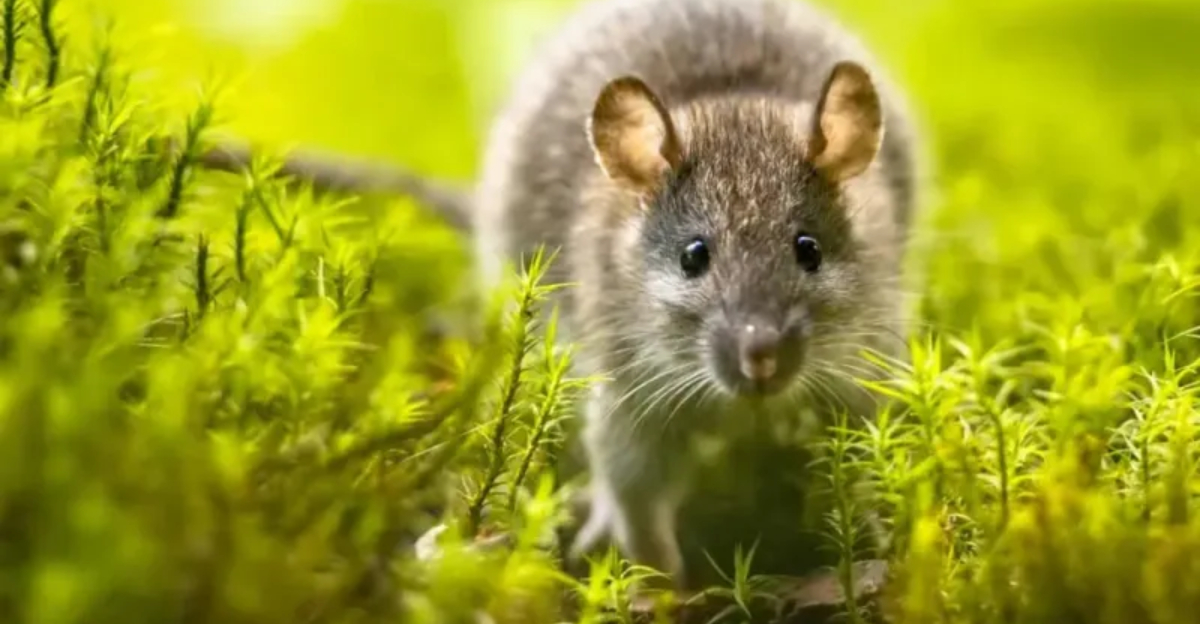
Your yard might look like a serene oasis, but look closer and you’ll see tiny worlds where rats party like there’s no tomorrow. Curious to know where these uninvited guests are setting up camp?
1. Compost Piles
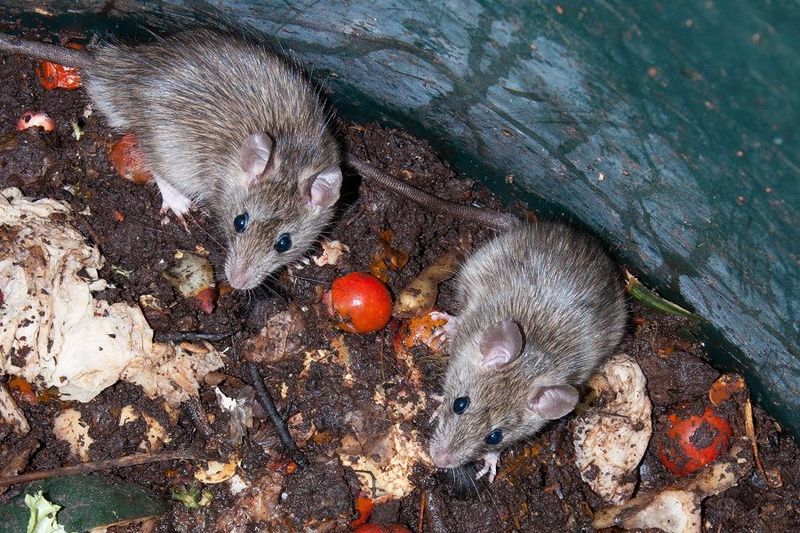
Imagine a buffet where the food never stops coming. That’s what compost piles are for rats. They love the endless supply of fruits and veggies decomposing at a slow, delicious pace.
Rats find the warmth of the pile quite inviting, especially during cooler months. Your compost pile is a hotspot for these furry scavengers. Keep it aerated and covered to make it less appealing.
2. Wood Piles
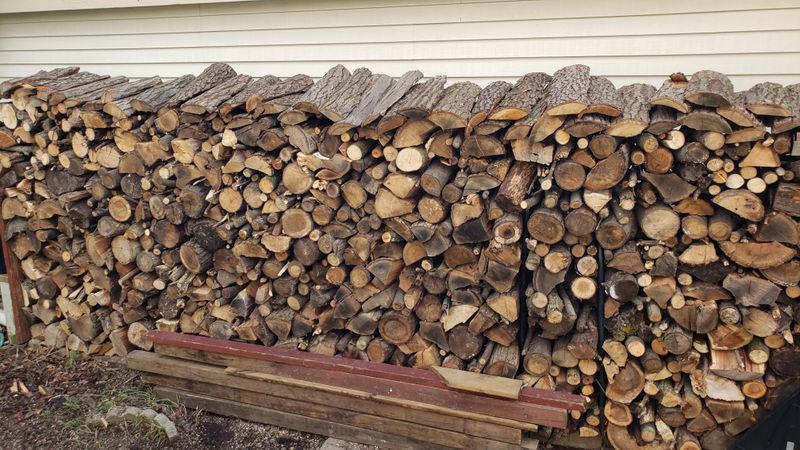
Picture this: a cozy log cabin with all the rustic charm, minus the wifi. Wood piles offer a perfect little hideaway for rats.
They nestle in between the logs, staying warm and hidden from predators. If you don’t want your woodpile to turn into a rat condo, try elevating it and keeping the logs neatly stacked.
This makes it less attractive for their nesting ambitions.
3. Garden Sheds
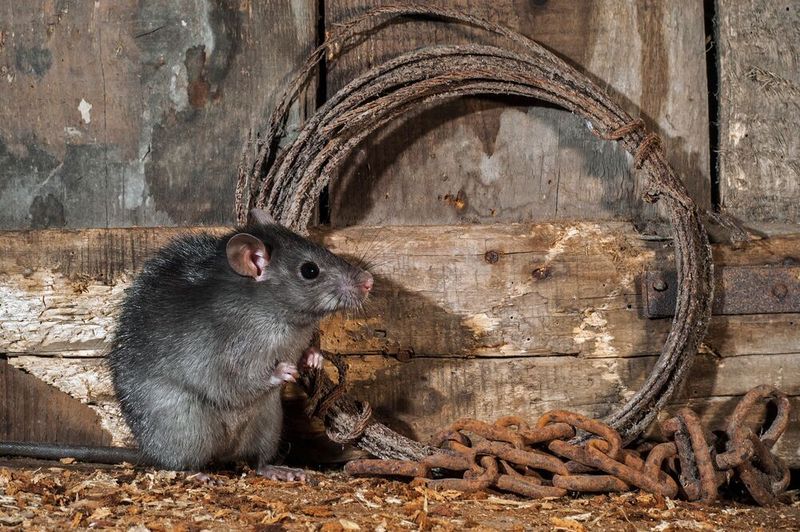
Garden sheds are like the mysterious mansions of a rodent’s world. Dark corners and forgotten tools create a habitat full of potential hiding spots.
Rats love the easy access to warmth and stored grains. If you don’t want to host these sneaky guests, make sure to seal any gaps and store food in airtight containers. A tidy shed is a less tempting target.
4. Unsealed Trash Bins
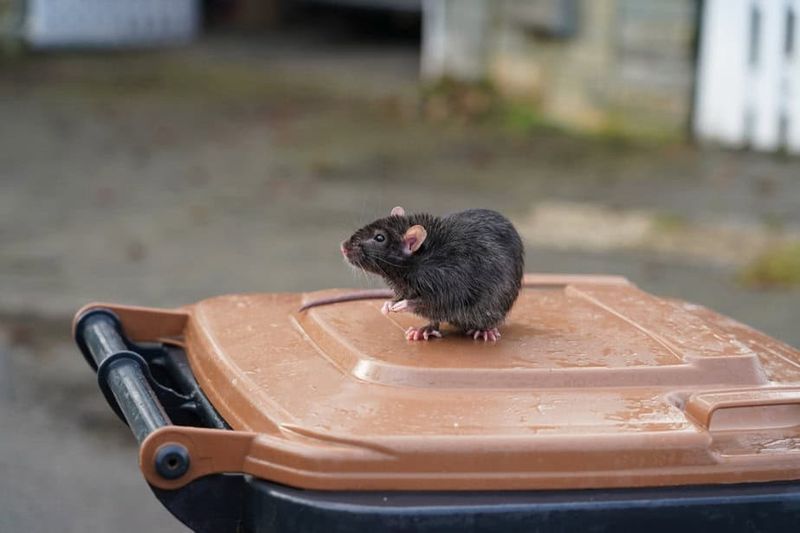
Think of trash bins as the open bars of the rodent nightlife. These bins provide an endless menu of tasty leftovers. Rats are attracted to the smells wafting from poorly sealed bins.
It’s like a five-star dining experience for them. To keep their snouts away, secure your trash with tight lids and avoid overfilling them. This way, they’ll have to look elsewhere for dinner.
5. Overgrown Vegetation
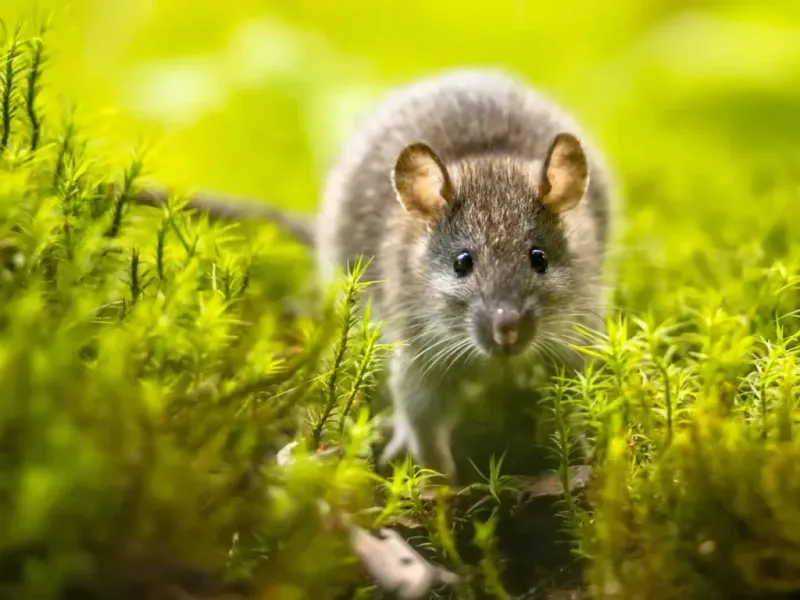
Imagine a jungle gym, but for rats. Overgrown vegetation offers excellent cover and endless pathways. These furry adventurers love darting between the shadows.
To reduce their playground, trim back shrubs and maintain your garden. Keeping vegetation tidy not only enhances your yard’s appeal but also sends rats packing.
With fewer places to hide, they might just reconsider their stay.
6. Bird Feeders
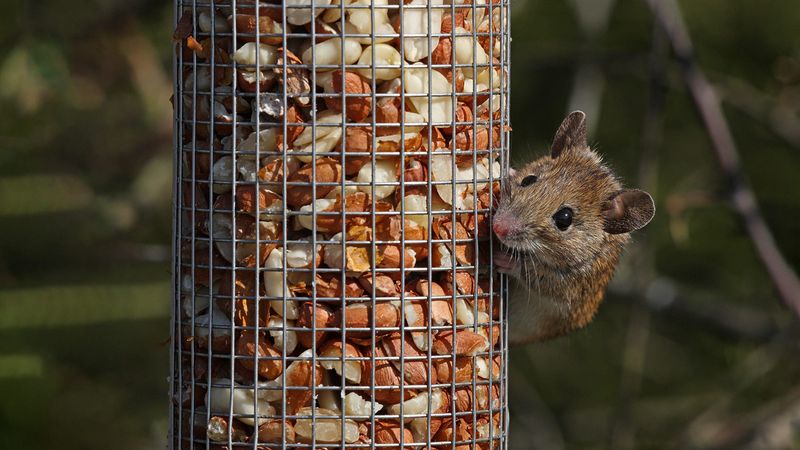
Bird feeders might as well have a sign saying ‘free snacks’ for rats. These clever critters are drawn to the fallen seeds like magnets.
While they can’t reach the feeder easily, the ground is their feast zone. If you want birds without the rats, consider using feeders with seed catchers.
This simple step can make a big difference in who gets to dine at your outdoor buffet.
7. Pet Food Bowls
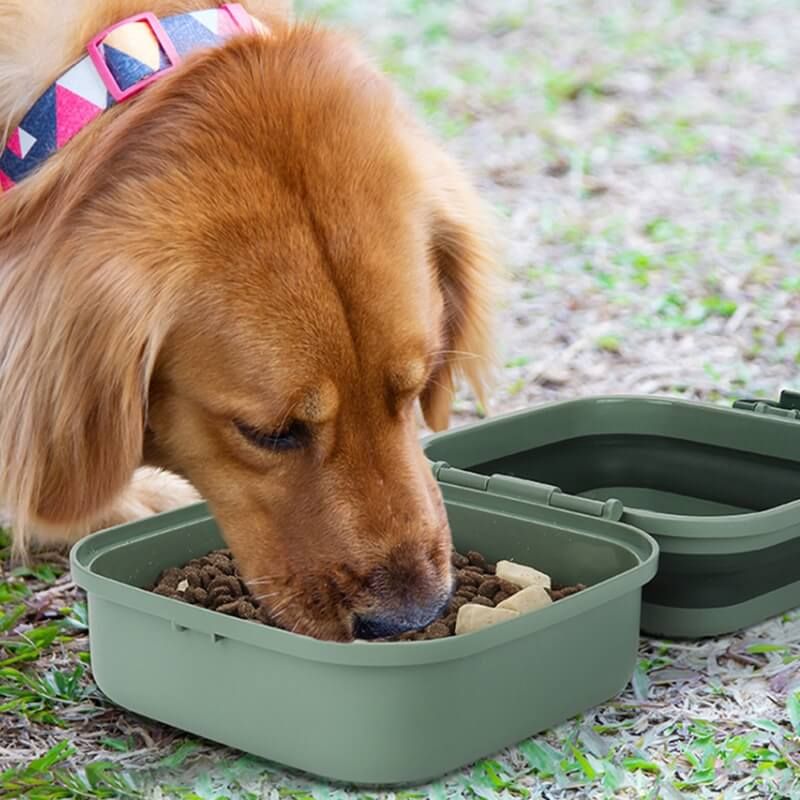
Pet food bowls left outside are like a ‘welcome’ sign for rats. These opportunistic feeders are quick to swipe some kibble when no one’s watching.
It’s a convenient snack stop. To prevent freeloaders, bring bowls inside after your pets eat. This simple habit keeps the menu exclusive for your furry friends, ensuring no unwanted guests crash their mealtime.
8. Storm Drains
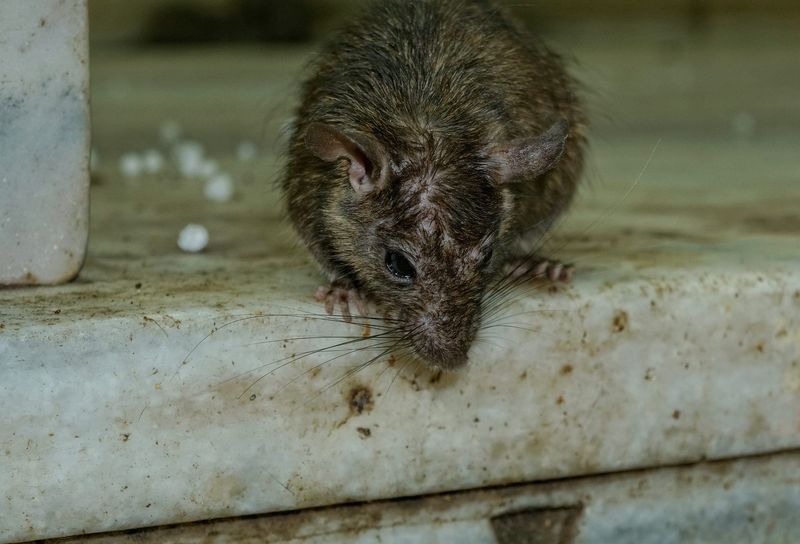
Storm drains are the high-rise apartments of the rodent world. They offer shelter and a direct line to food sources. Rats thrive in these moist, protected spaces.
While you can’t remove storm drains, you can make your property less inviting by eliminating nearby food sources and keeping your yard tidy. The fewer attractions, the less likely they are to set up shop nearby.
9. Pond Edges
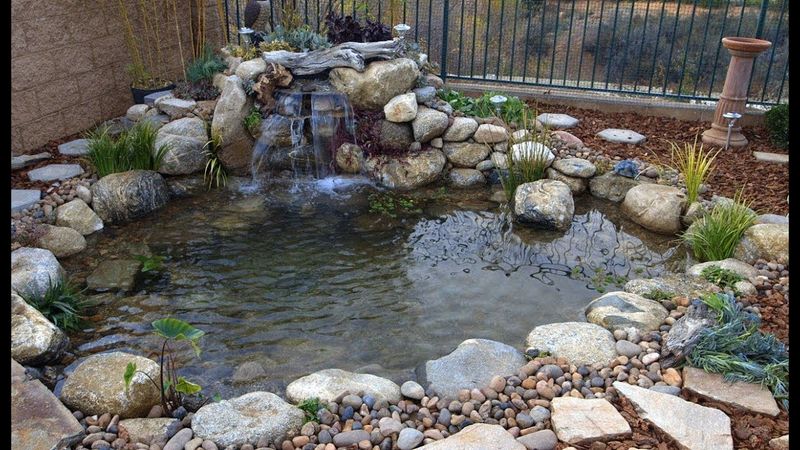
Ponds are like the rat’s version of a waterfront property. They provide easy access to water and plenty of hiding spots within the rocks and vegetation.
If you have a pond, ensure the edges are clean and free of debris. Regular maintenance can prevent rats from seeing it as a desirable nest location.
Clear, manicured spaces are less enticing for these water-loving wanderers.
10. Old Tires
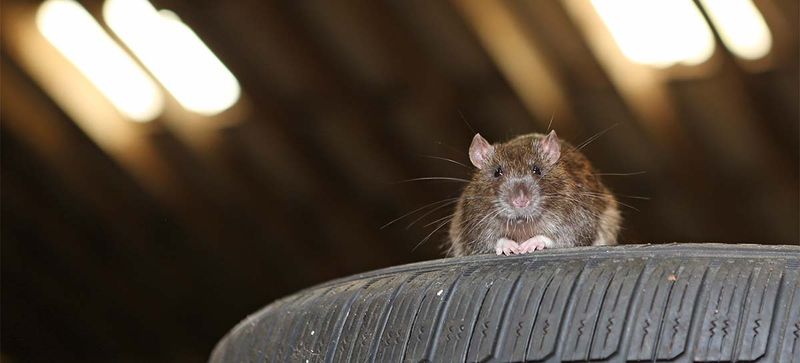
Old tires are the tiny houses of the rat community. Dark, insulated, and inviting, they provide a perfect nesting spot. Rats appreciate the protection from the elements and predators.
To keep them at bay, discard unused tires or store them properly. Without these cozy nooks, rats will have to search elsewhere for their dream home, leaving your yard less cluttered.
11. Leaf Piles
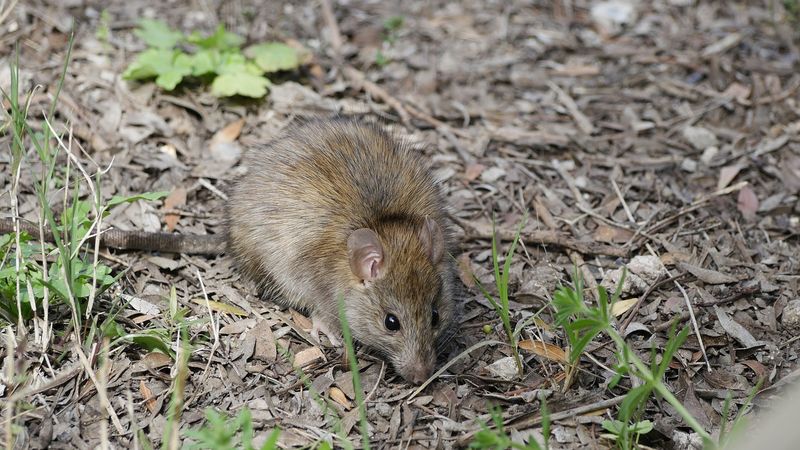
Leaf piles are nature’s version of a soft, cozy blanket for rats. They offer warmth and concealment. Rats find these piles an ideal spot for nesting and scoping out the yard.
Rake and remove leaves regularly to keep the landscape open and less appealing. By doing so, you’re evicting potential squatters and maintaining a tidy, critter-free yard.
12. Yard Clutter
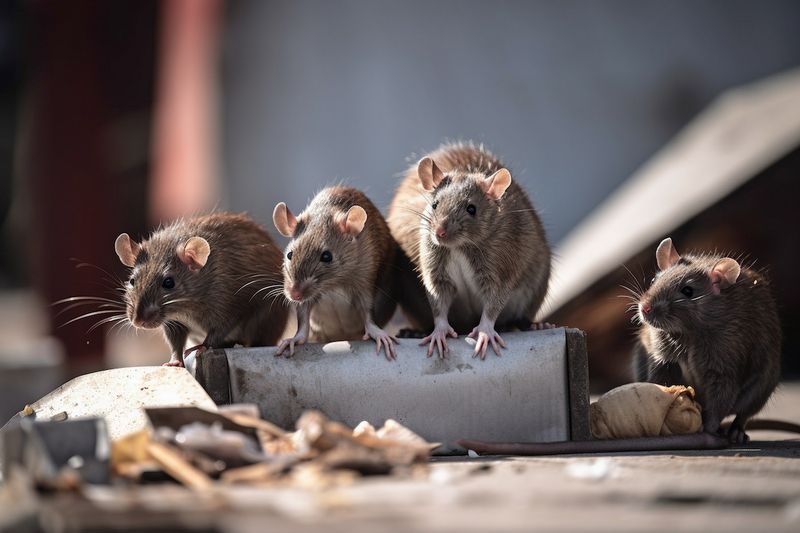
Yard clutter is like a chaotic flea market for rats, offering spots to hide and explore. Everything from unused tools to random debris can make for an inviting habitat.
Keep your yard organized and store items in secure sheds or garages. A clutter-free yard is less appealing to rats looking for their next hideout or playground. Orderliness is your secret weapon.




